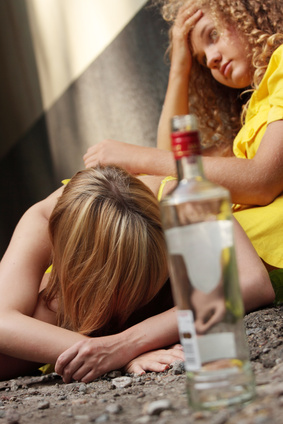I am a big fan of Grammy-award-winning musician Marc Cohn and usually catch his shows whenever he’s in the Bay Area. So I was saddened to hear that after his wife of 12 years, TV news anchor Elizabeth Vargas, had entered rehab — again — late last year the couple, parents to two boys, 11 and 8, are divorcing.
Well, let me rephrase that. I am well aware that sometimes divorce is necessary, and feeling sorry for a couple that’s splitting may be the wrong emotion as one too many divorcing person has told me, no it’s a good thing. 
And I’m not necessarily saddened because they have kids either, as many parents can coparent beautifully post-divorce, and let’s face it — nobody really seems to care too much if a couple splits and they have no kids, whether by choice or chance. It’s only when a couple has kids, especially minor kids, that society wants to bully them into staying together although there are a few exemptions. And, guess what — addiction is one of them, and Vargas has admitted that it took her a long time to face up to the fact that she was an alcoholic and to seek treatment for it.
No, I’m saddened because yet another family is destroyed by alcohol. Equally sad is how common it is, yet so few of us are willing to admit it. There is a lot of shame around it, and so most of us don’t tell anyone; we suffer in silence.
I have known several people who have struggled with a partner with alcohol issues, as I once did (along with infidelity, which often go hand in hand). In fact, 21 percent named alcohol or drug abuse as a reason they split in a 2004 AARP study of midlife divorce. More recent studies indicate when one spouse drinks more than the other, the couple is more likely to divorce — especially if the heavy drinker is the wife (it goes against “proper gender roles for women” evidently. Right!).
Well, yes. Anyone who has dealt with an alcoholic knows the havoc it causes to everyone close to him or her. As Alanon, the group for friends and families of alcoholics, notes:
Alcoholism is a family disease. The disease affects all those who have a relationship with a problem drinker. Those of us closest to the alcoholic suffer the most, and those who care the most can easily get caught up in the behavior of another person. We react to the alcoholic’s behavior. We focus on them, what they do, where they are, how much they drink. We try to control their drinking for them. We take on the blame, guilt, and shame that really belong to the drinker. We can become as addicted to the alcoholic, as the alcoholic is to alcohol. We, too, can become ill.
It’s the holidays, when people tend to imbibe a little more than usual (I’m being kind here). But once we’re into the new year, it might be a good time to take an honest look at what role booze plays in your life. And if you don’t like it, what will you do about it?
Interested in learning about ways to re-create your marriage? Read The New I Do: Reshaping Marriage for Skeptics, Realists and Rebels (Seal Press, September 2014). Order the book on Amazon, follow us on Twitter, like us on Facebook.
(polls)
















